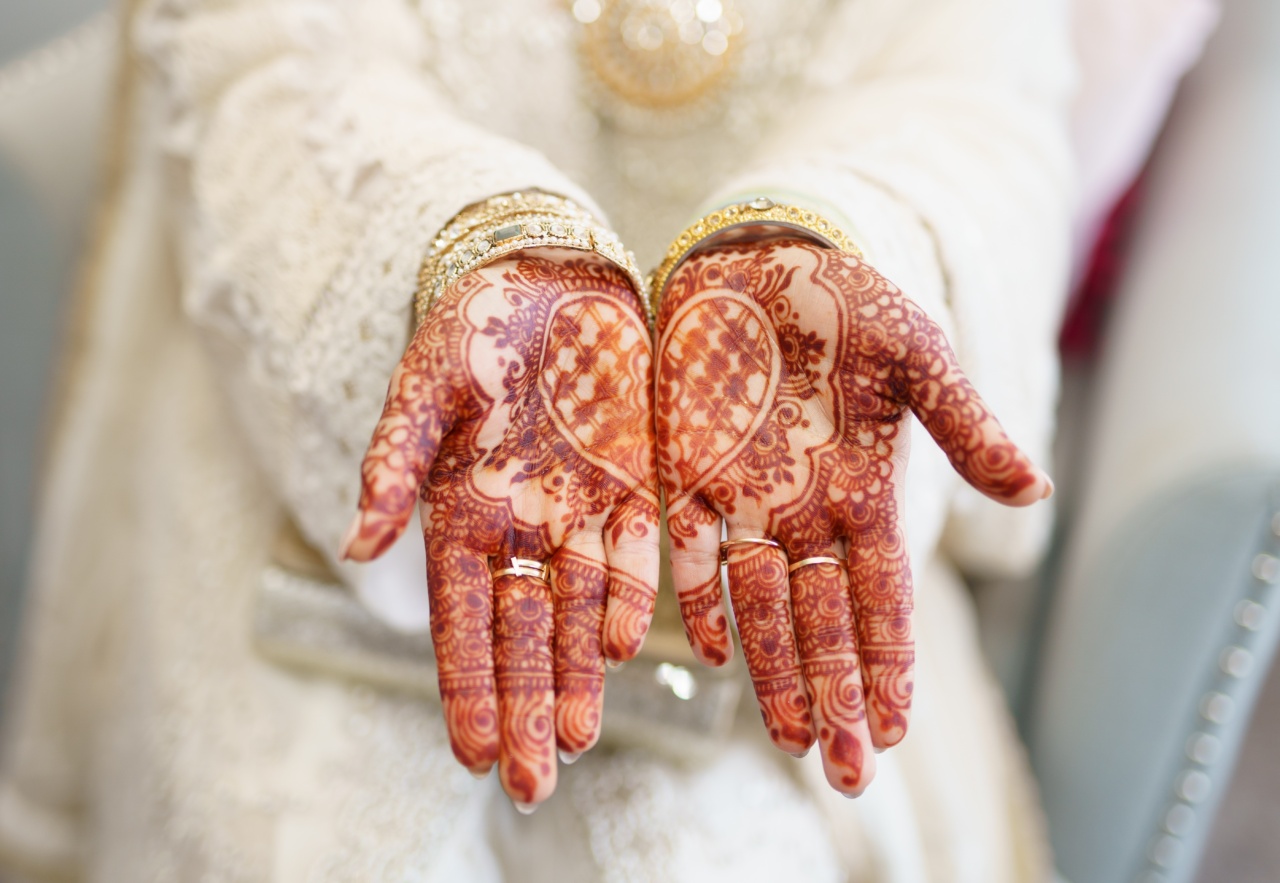Heart attacks are often associated with chest pain and discomfort, but did you know that the symptoms can be quite different for women? It is crucial to understand the signs of a heart attack in women as they can vary from those typically experienced by men. By recognizing these symptoms, women can seek prompt medical attention and potentially save their lives. In this article, we will discuss eight symptoms that women should watch out for when it comes to heart attacks.
1. Chest Discomfort
Chest discomfort is the most common symptom of a heart attack, both in men and women.
However, while men usually describe it as a feeling of pressure, tightness, or squeezing in the chest, women may experience a dull ache or uncomfortable sensation in the chest that comes and goes.
2. Shortness of Breath
Shortness of breath is another symptom that women may encounter during a heart attack. It may occur either at rest or during physical activity. Women may feel like they are unable to catch their breath or that they have to gasp for air.
This symptom should not be ignored, especially if it is accompanied by other unusual signs.
3. Pain in the Upper Body
While chest pain is expected during a heart attack, women may also experience pain or discomfort in other areas. This can include the back, neck, jaw, arm, or even the stomach.
These pains may be intermittent or persistent and should not be brushed off as unrelated issues.
4. Fatigue
Unexplained fatigue or a sudden feeling of extreme tiredness can be a warning sign of a heart attack in women. This fatigue can be so severe that it interferes with daily activities.
If you find yourself excessively tired without any apparent reason, it is crucial to pay attention to this symptom.
5. Lightheadedness or Dizziness
Feeling lightheaded or dizzy is another symptom that women may experience during a heart attack. It can be accompanied by a rapid heartbeat, weakness, or even fainting spells.
These symptoms should not be ignored and should be taken seriously, especially if they occur suddenly and without any obvious cause.
6. Nausea or Vomiting
Some women may experience gastrointestinal symptoms, such as nausea or vomiting, as a result of a heart attack. These symptoms can often be mistaken for indigestion or gastrointestinal issues.
If you experience stomach discomfort along with any of the other mentioned symptoms, it is important to consider the possibility of a heart attack.
7. Sweating
Unexplained sweating, often described as cold and clammy sweat, can be a sign of an impending heart attack. Women may experience excessive sweating even when they are not exerting themselves physically or in a warm environment.
If you notice unusual sweating, especially if it is accompanied by other symptoms, seek medical attention immediately.
8. Anxiety or Sleep Disturbances
Women experiencing a heart attack may also feel a sense of impending doom, anxiety, or even have trouble sleeping.
While these symptoms can be attributed to other causes, they should not be ignored, especially if they are accompanied by any of the physical symptoms mentioned earlier.
It is crucial to remember that heart attack symptoms can vary greatly between individuals and even between men and women.
Women should trust their instincts and seek medical attention if they are experiencing any unusual symptoms, even if they are not certain it is related to their heart.
Women, in particular, often downplay their symptoms or attribute them to other causes, which can lead to delayed treatment and potentially more severe consequences.
Recognizing the signs of a heart attack in women and understanding that they can be different from those experienced by men is essential for early detection and treatment.
Conclusion
Heart attacks are a serious medical emergency, and recognizing the signs of a heart attack in women can be a matter of life and death.
By being aware of these eight symptoms – chest discomfort, shortness of breath, pain in the upper body, fatigue, lightheadedness or dizziness, nausea or vomiting, sweating, and anxiety or sleep disturbances – women can take immediate action and seek medical help, potentially saving their own lives.





























